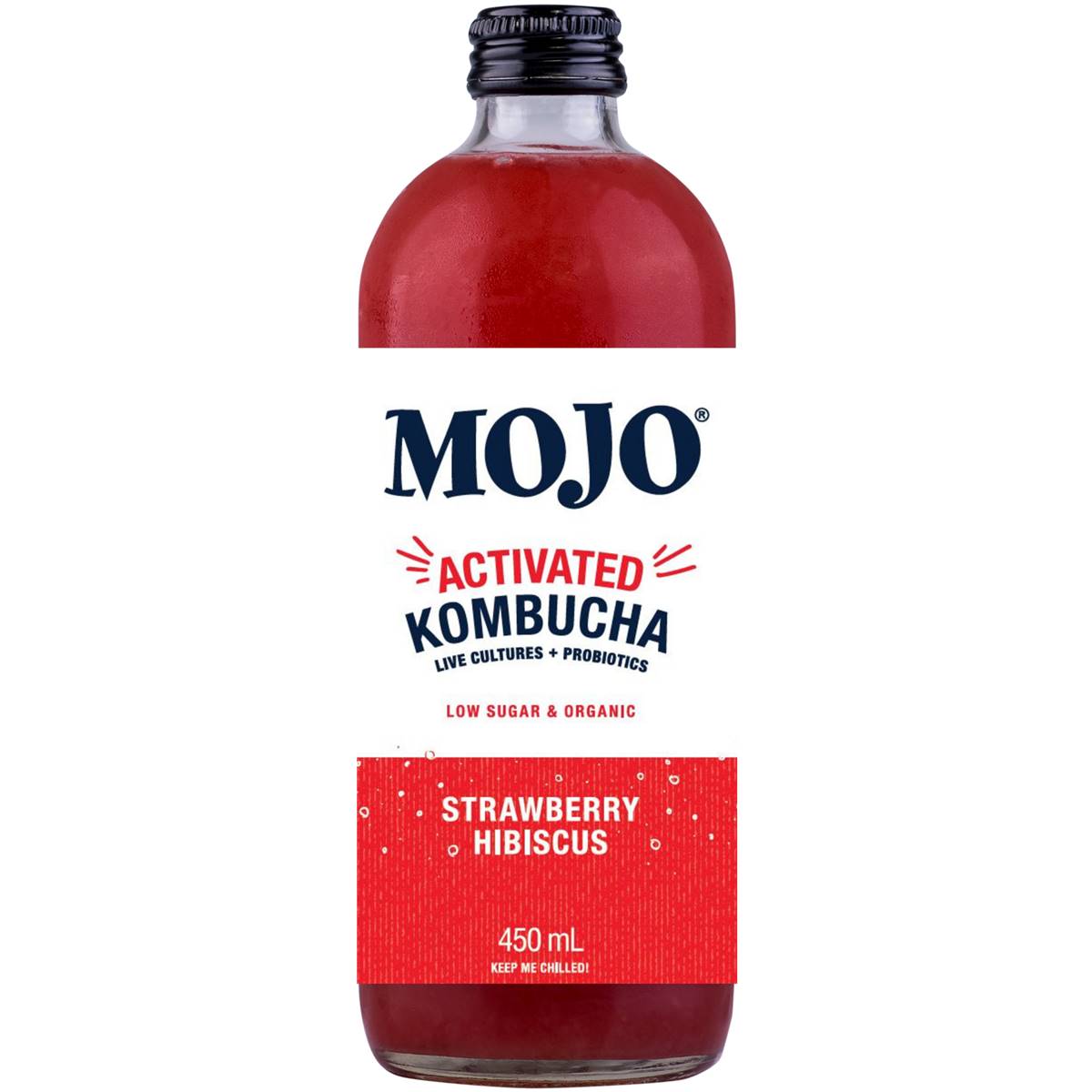

However, the FDA has not approved any probiotics and many questions remain regarding them, including which are most helpful, what amount likely promotes better health and who benefits most? Probiotics are beneficial microbes that may help prevent and/or treat a variety of health conditions, such as antibiotic-associated diarrhea and ulcerative colitis.

Do the probiotics in kombucha boost your gut health? Additionally, the low pH of kombucha could have negative implications for your tooth enamel. One thing to keep in mind is that kombucha contains sugar - usually more than two grams per eight fluid ounces, at the very least. That being said, there's nothing to suggest kombucha is unhealthy for most people when consumed in moderation. Ultimately, kombucha's health benefits must be tested in human trials before its claims can be accepted by science. All other studies have relied on animal research models, so any benefits reported in them may or may not actually translate to humans. While a handful of studies has looked at the benefits of kombucha, only one has ever analyzed its impact in people - and it lacked a control group, making the results limited. Most of the familiar, tangy taste of kombucha comes from the organic acids, but it's the probiotics and antioxidants that are thought to pack in the health benefits.īut, unfortunately.the numerous health claims attributed to kombucha aren't actually supported by scientific research. Probiotics (live, beneficial bacteria and yeasts).Some carbonation is also produced.Įventually, the mixture becomes kombucha - a fizzy tea drink containing: Over the course of a few weeks to a month or more, the microbes work together to break sugar down into alcohol and organic acids. Once mixed together, the SCOBY gets to work fermenting the sweet tea mixture. A colony of live bacteria and yeast (the SCOBY).Black tea (also sometimes green, oolong or herbal tea varieties).Kombucha is made by combining three main ingredients: SCOBY stands for "Symbiotic Culture Of Bacteria and Yeast" and it's what turns regular old tea into fermented tea - that is, kombucha. You've likely heard of a sourdough starter by now, but probably less likely to have heard of a SCOBY. Understanding why kombucha might be good for you starts with understanding how it's made. Today, kombucha is still considered a wellness drink, stocked by supermarkets near the health food aisle.īut - whether you drink kombucha for the health claims or just because you like the taste - what does the science actually say about the benefits of kombucha? What do we really know about the health benefits of kombucha? Slightly sweet, somewhat bubbly and always tangy, kombucha is a fermented tea drink whose supposed healing powers have been touted for centuries.Ĭivilizations throughout history and across the world have turned to kombucha based on the belief it could boost immunity, digestion and metabolism, revitalize and re-energize mind and body, promote a healthy heart and even ward off cancer.


 0 kommentar(er)
0 kommentar(er)
